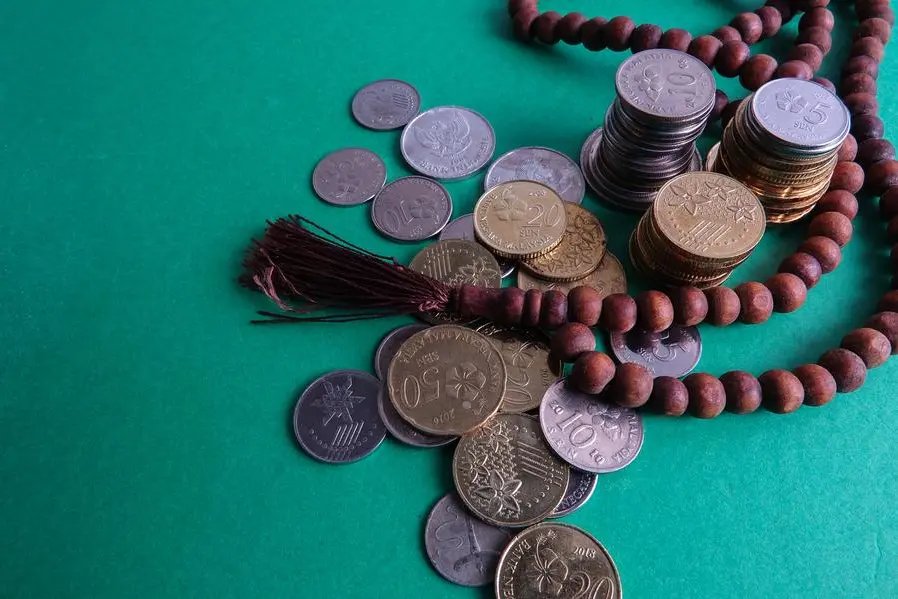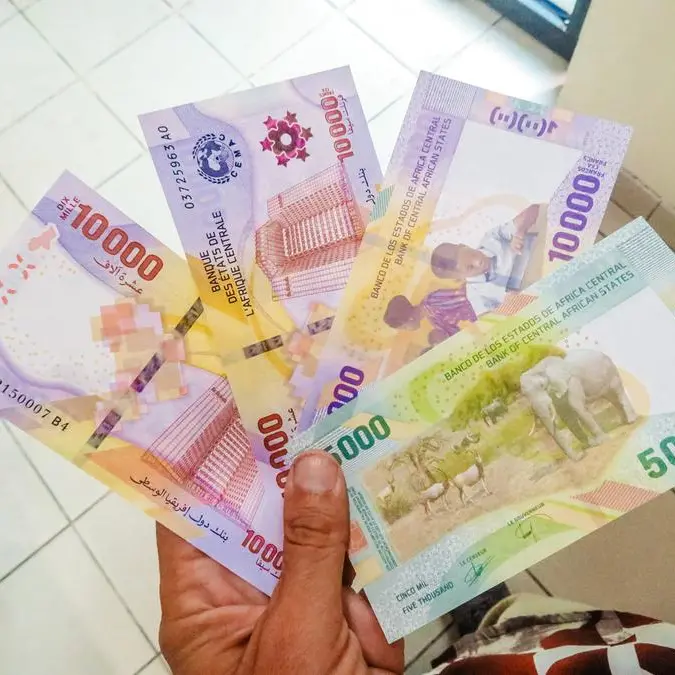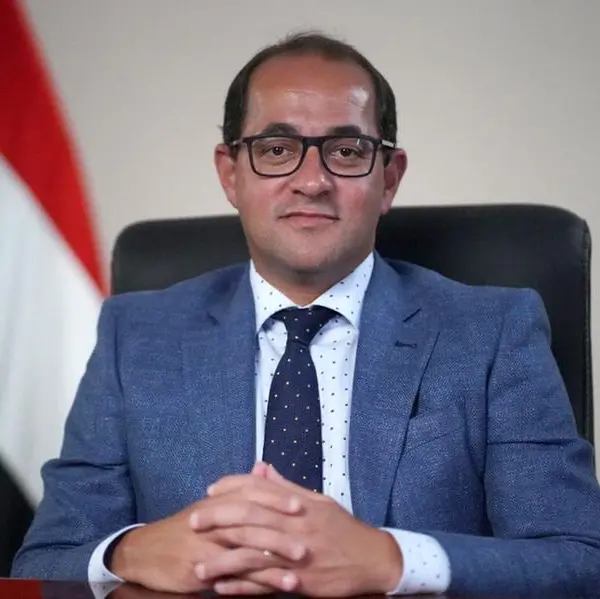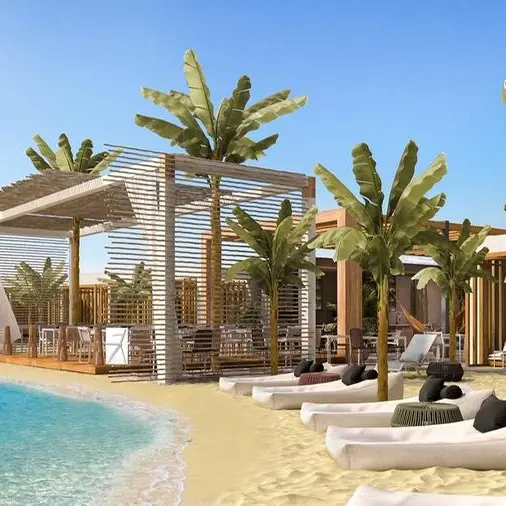PHOTO
The US dollar sukuk market was treated to a new issuer on Wednesday, while another debut name announced its intention to print in the coming days.
Ajman Bank, the first Islamic bank incorporated in the Emirate of Ajman, was the issuer to do a deal. Omniyat, a real estate developer in UAE focusing on the ultra-luxury real estate segment, is the one still to come.
The sukuk market has outperformed throughout the past month's volatility thanks to regional liquidity. And a sukuk offering from Mashreqbank, for example, was the only new public deal from the CEEMEA region last week.
Ajman is the smallest bank, by total assets, from the Gulf region to enter the international bond market, with just over US$6.2bn as of last December. The bank, which is rated BBB+ by Fitch, is 28% owned by the emirate, though it is also listed.
After a short roadshow, leads opened books at 165bp area over Treasuries for a US$500m five-year offering. With books climbing to US$2.6bn, they revised pricing to a final spread of plus 130bp. That didn't put off more orders from coming in, with the final books at US$2.7bn.
Even at the final spread, the deal offered value over recent transactions from the Gulf bank sector. "There's a pickup in spread terms versus the rest of the pack, which are around 100bp," said a lead banker.
Mashreqbank, for example, printed its US$500m five-year sukuk at plus 105bp. Last month, Emirates Islamic Bank sold US$750m five-year sukuk at plus 95bp.
In mid-February, Sharjah Islamic Bank, probably the best reference point, albeit it's slightly better rated at A– by S&P and BBB+ by Fitch, printed a US$500m five-year sukuk at plus 89.8bp. That note is now quoted at a G-spread of 105bp, according to LSEG.
Even conventional bank deals have printed at relatively tight levels. Ahli Bank, which is 47.71% owned by Qatar Investment Authority and its wholly owned subsidiaries, sold a US$500m five-year bond issue last month at 105bp. In late February, Doha Bank issued a US$500m five-year note at plus 120bp. That bond, which priced inside fair value, is now trading at a G-spread of 111bp, according to LSEG.
While the deal was anchored by regional investors, the lead banker said there was "decent participation from international investors". The allocation statistics show that 65% went to accounts in the MENA region, 13% to Asia and 22% to the UK, Europe and others. Banks and private banks took 52%, fund managers 30% and insurers, pension funds and agencies 18%.
Emirates NBD Capital, First Abu Dhabi Bank, JP Morgan and Standard Chartered were the global coordinators. They were also bookrunners and lead managers alongside Abu Dhabi Islamic Bank, Bank ABC, Citigroup, Dubai Islamic Bank, KFH Capital, Mashreq, QNB Capital, Sharjah Islamic Bank, The Islamic Corporation for the Development of the Private Sector and Warba Bank.
Omniyat (BB–/BB–) started a roadshow on Thursday ahead of a US dollar benchmark three-year green sukuk. There are various high-yield-rated regional real estate companies that will act as comparables, including Arada, Damac, Five and Sobha Realty.
Yields range from the high 6s to low 8s, with Sobha's US$500m 8.75% July 2028 sukuk the highest yielding of the bunch, at 8.27%, according to the leads. Sobha is rated Ba2 by Moody's and BB by S&P.
Arada (B1/BB–) has US$500m 8.125% June 2026 sukuk at a yield-to-maturity of 7.28% and US$550m 8% June 2029 sukuk at 7.625%.
Damac (Ba1/BB) is tightest of the bunch, with 2027 and 2028 sukuk in the high 6s. Five (B+/BB) has a US$350m 9.375% October 2028 conventional bond at 8.05%.
Abu Dhabi Commercial Bank, Citigroup, Emirates NBD Capital, JP Morgan, Mashreq and Standard Chartered are the global coordinators. They are also bookrunners and lead managers alongside Ajman Bank, Commercial Bank of Dubai, Dubai Islamic Bank, First Abu Dhabi Bank, Kamco Invest, RAKBANK and Warba Bank.
Source: IFR





















